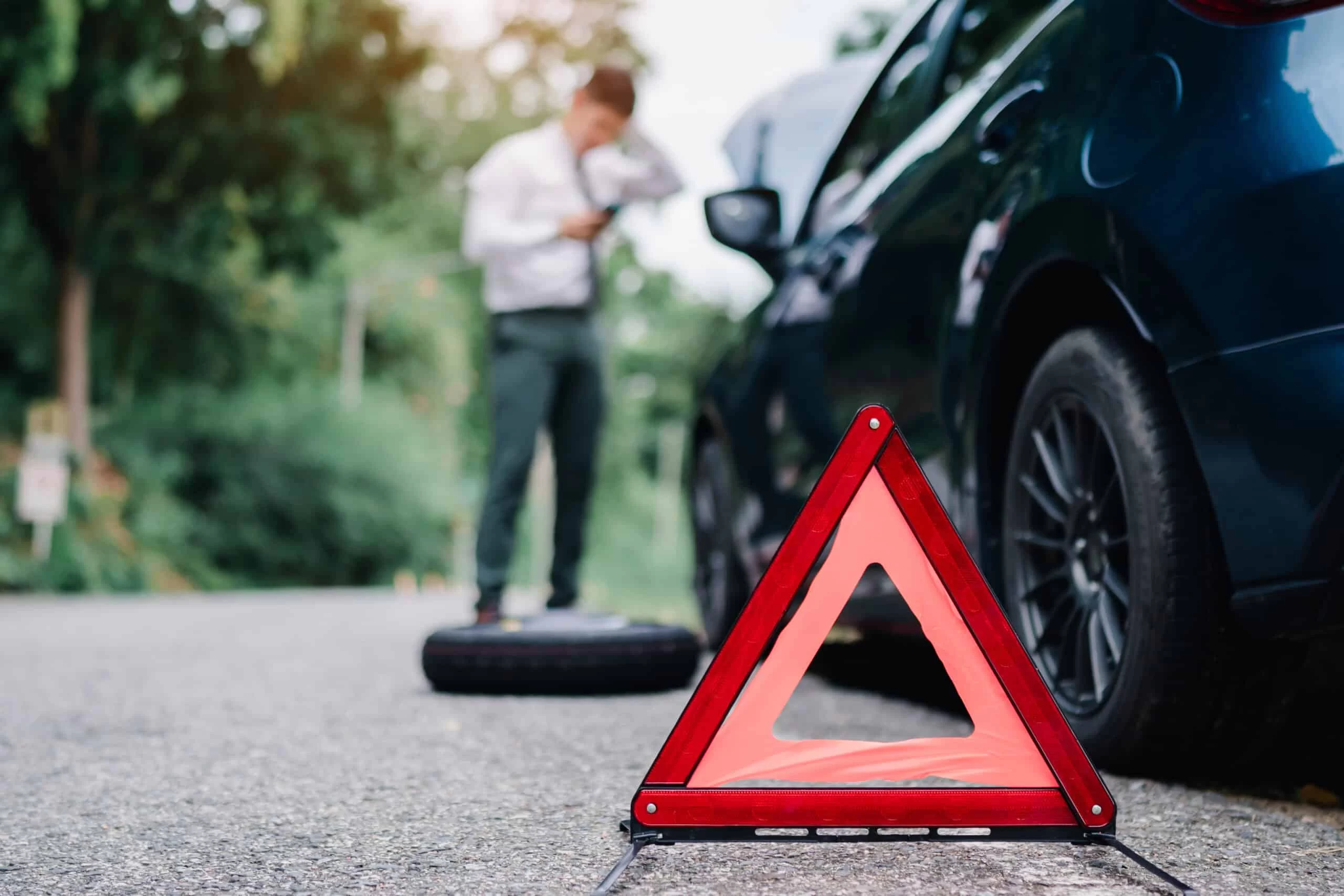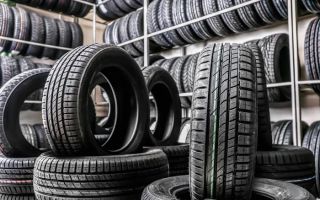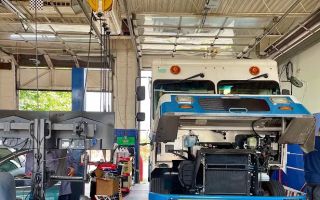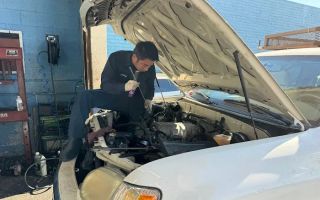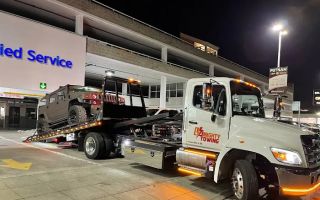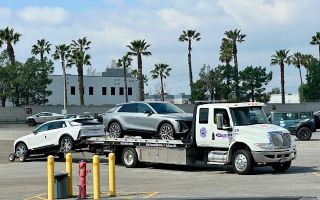How to Deal with Breakdowns in Remote or Hard-to-Reach Areas: Essential Tips
- 1. Understanding the Challenges of Breakdowns in Remote Areas
- 2. Essential Preparations Before Heading into Remote Locations
- 3. What to Do During a Breakdown in a Hard-to-Reach Area
- 4. Emergency Assistance Options for Remote Breakdowns
1. Understanding the Challenges of Breakdowns in Remote Areas
Breakdowns can be stressful at any time, but when they occur in remote or hard-to-reach areas, they can quickly escalate into dangerous situations. Limited access to roadside assistance, fewer repair shops, and long distances to safety can make it feel like you're stranded in an isolated spot. Understanding the unique challenges of these locations is essential to effectively managing breakdowns.
These challenges are compounded by factors like poor weather conditions, lack of phone signal, and long response times from emergency services. Whether you're driving in rural areas, mountainous regions, or desolate parts of the countryside, being prepared for a breakdown is crucial for your safety and peace of mind.
2. Essential Preparations Before Heading into Remote Locations
Preparation is key when planning to travel through remote or less accessible areas. Here are some essential preparations to consider:
- Vehicle Maintenance: Regularly check your vehicle's health before heading into remote areas. Ensure that your tires are in good condition, your battery is charged, and all fluids are topped up.
- Emergency Kit: Pack an emergency kit that includes essentials such as food, water, blankets, a first-aid kit, flashlights, and a portable phone charger. This will ensure you have basic supplies if help takes longer to arrive.
- Communication Tools: Carry a satellite phone or a personal locator beacon (PLB) for emergencies, especially in areas with limited cell service.
3. What to Do During a Breakdown in a Hard-to-Reach Area
When your vehicle breaks down in a remote location, it's important to stay calm and follow these steps:
- Stay Safe: First and foremost, ensure your safety. Pull over to a safe spot if possible, away from traffic or unstable ground. Turn on your hazard lights to alert other drivers.
- Assess the Situation: Try to diagnose the issue if it's safe to do so. Look for obvious problems like a flat tire, leaking fluid, or an engine malfunction. However, don't attempt to fix complex issues yourself unless you're confident in your ability to do so safely.
- Signal for Help: If you have a phone signal, call roadside assistance or emergency services. If not, use a satellite phone or PLB. If you’re in a very isolated area, it may take some time for help to arrive, so it's crucial to stay put and conserve energy.
4. Emergency Assistance Options for Remote Breakdowns
In remote or hard-to-reach areas, your options for emergency assistance can be limited. Here are some services and solutions to consider:
- Roadside Assistance: Many insurance providers offer roadside assistance that can dispatch professionals to remote areas. Ensure your coverage includes emergency services like towing, jump-starts, and flat tire repair.
- Local Contacts: If you're familiar with the area, having local contacts who can help with breakdowns or know nearby mechanics can be invaluable.
- Self-Repair Tools: In some cases, carrying basic self-repair tools can help you address minor issues like flat tires or simple engine problems. For instance, a spare tire, jack, and repair kit can save hours of waiting time.
It's essential to remember that dealing with breakdowns in remote locations requires not only technical skills but also patience and resourcefulness. The key to managing the situation is staying calm and being prepared for any scenario.
If you find yourself in a remote area and need immediate assistance, Chuckles provides emergency services and support for stranded drivers. Visit their website to learn more about how they can help you stay safe and get back on the road quickly.

